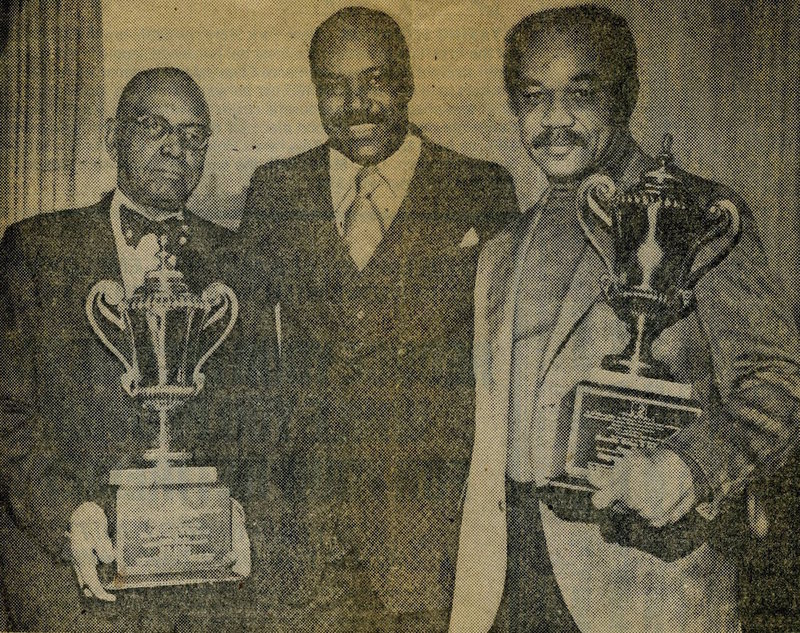
In 2008, Barack Obama was elected President of the United States, making him the first African American to hold the office. President Obama was a Democratic candidate, which is not surprising. Because of the Democratic policies of the New Deal and Great Society, Civil Rights legislation of the 1960s, and the overwhelming number of Civil Rights leaders who were Democrats, the Democratic Party cemented itself as being the party representing the best interests of the black community. Yet, there was one Civil Rights leader in Cleveland who did not fit the mold. William O. Walker was the editor of the Call and Post, one of the nation’s most prominent African American newspapers, and he was a staunch Republican. Yet Walker was first and foremost a Civil Rights leader who would work with anyone, regardless of political affiliation, to advance the African American community.
Born in Selma, Alabama, in 1896, Walker was raised in a community where the Republican Party enjoyed heavy support from African Americans who still saw it as the Party of Lincoln. Many Republican politicians also appointed African Americans to federal positions in the South, including postmasters and custom agents, which only furthered Republican support in the African American community. As a result, Walker became a firm supporter of the Republican Party.
In 1932, Walker came to Cleveland to manage the Call and Post. In just four years, he managed to take the fledgling newspaper with a weekly circulation of 1,000 or less and turn it into a must-read source for Civil Rights information. Already an established journalist, Walker understood the power of the press for the creation of community activism. In the 1930s Walker was a founding member of the Future Outlook League, an organization that was devoted to fight for increased jobs for African Americans in Cleveland. The Future Outlook League successfully led pickets against some of Cleveland's most prominent businesses, including the Cleveland Trust Co., Ohio Bell Telephone Co., and F. W. Woolworth. Walker used the Call and Post to inform, encourage, and support these protests, while showing the success of such actions in creating jobs for African Americans. Similarly, in 1968, Walker used the Call and Post as the mouthpiece for Operation Black Unity’s boycott of the McDonald’s Corporation for not giving franchises to African Americans.
Walker also used the Call and Post to create a sense of pride in the black community. In his weekly editorial, "Down the Long Road," Walker advocated for an increase of African American businesses, a cry for African Americans to pay attention to the bigger political picture, and most importantly, that race does not have to be a handicap. "Down the Long Road" also tried to put agency back into the hands of the black community. Yet in these articles, there is also evidence of his Republican beliefs. Emphasis on self-help and business as the true drivers of improvement have always been a pillar of the Republican ideology, and Walker advocated for them throughout his career.
Although he held Republican views, Walker remained critical of both political parties. For example, he was critical of both President Eisenhower and President Reagan for not appointing African Americans to their cabinets. He also argued that the Republican Party was taking increasingly larger steps to isolate themselves from African Americans, which he saw as detrimental both to the Republican Party and the black community. As his career continued, Walker started working more closely with Democrats, including Carl Stokes, the first African American mayor of a major U.S. City, to advance the black community.
Walker was also an important political figure, serving as the first African American member of an Ohio Governor’s Cabinet during the Rhodes administration. Walker also received a nomination from President Reagan for chairman of the U.S. Commission on Civil Rights in 1981. Walker died at his desk in the Call and Post headquarters at the age of 85.
In his Cleveland Press eulogy, Walker is quoted: "If it's ever a choice between friendship and race, I'll always support my race." The quote perfectly encapsulates everything that he believed in and worked for. Walker was, first and foremost, an African American man who worked tirelessly for the advancement of his race, and would work with anyone, regardless of party affiliation, to achieve his goals.
Images





